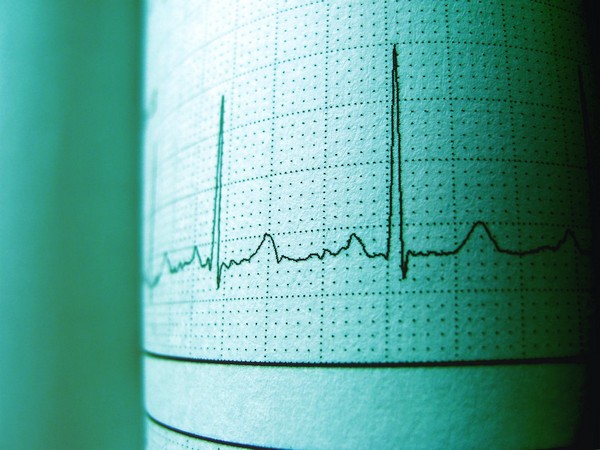WASHINGTON: An artificial intelligence (AI) system may spot an abnormal cardiac rhythm in people even before they exhibit any symptoms, according to research.
The method, which found hidden signals in normal medical diagnostic procedures, may help doctors better protect patients with atrial fibrillation, the most common kind of heart rhythm disease, from strokes and other cardiovascular problems.
Most of the algorithms that had previously been created were used on white individuals.
Veterans and underprivileged Americans are among the patient categories and scenarios in which this algorithm is effective.
A peer-reviewed journal, JAMA Cardiology, published the findings.
“This research allows for better identification of a hidden heart condition and informs the best way to develop algorithms that are equitable and generalizable to all patients,” said David Ouyang, MD, a cardiologist in the Department of Cardiology in the Smidt Heart Institute at Cedars-Sinai.
Experts estimate that about 1 in 3 people with atrial fibrillation do not know they have the condition.
In atrial fibrillation, the electrical signals in the heart that regulate the pumping of blood from the upper chambers to the lower chambers are chaotic.
This can cause blood in the upper chambers to pool and form blood clots that can travel to the brain and trigger an ischemic stroke.
To create the algorithm, investigators programmed an artificial intelligence tool to study patterns found in electrocardiogram readings.
An electrocardiogram is a test that monitors electrical signals from the heart.
People who undergo this test have electrodes placed on their body that detect the heart’s electrical activity.
The algorithm was trained on almost a million electrocardiograms and it accurately predicted patients would have atrial fibrillation within 31 days.
The AI model was also applied to medical records from patients at Cedars-Sinai and it similarly–and accurately–predicted cases of atrial fibrillation within 31 days.
“This study of veterans was geographically and ethnically diverse, indicating that the application of this algorithm could benefit the general population in the U.S.,” said Sumeet Chugh, MD, director of the Division of Artificial Intelligence in Medicine in the Department of Medicine and medical director of the Heart Rhythm Center in the Department of Cardiology.
(ANI)









Comment